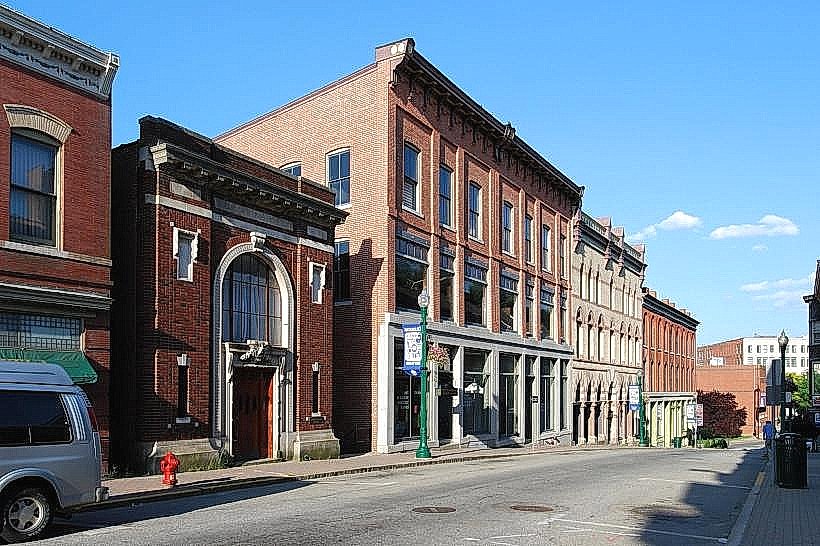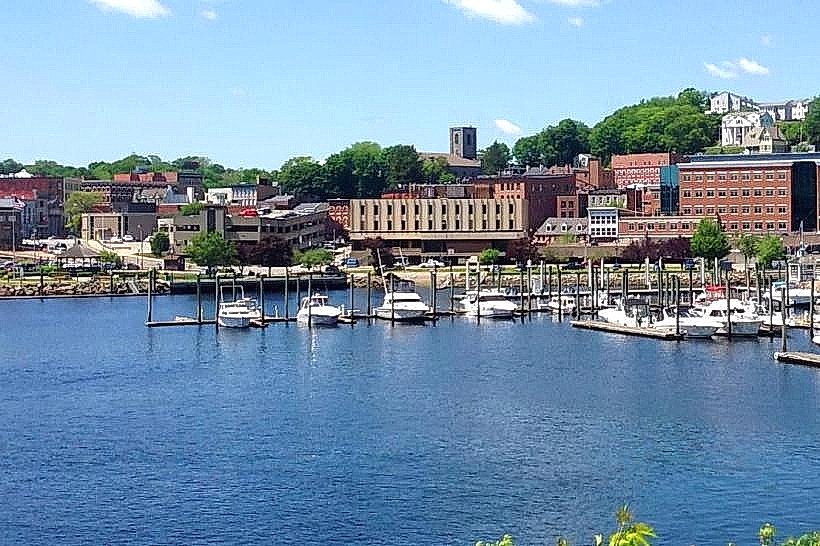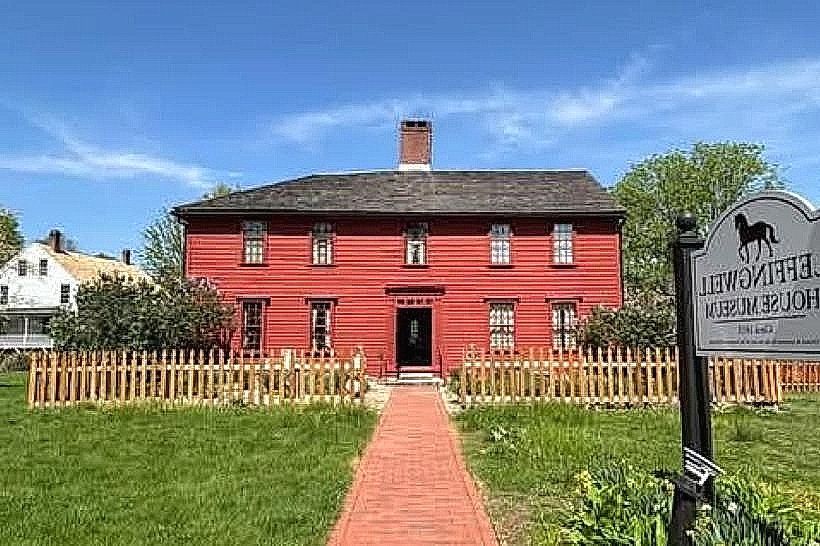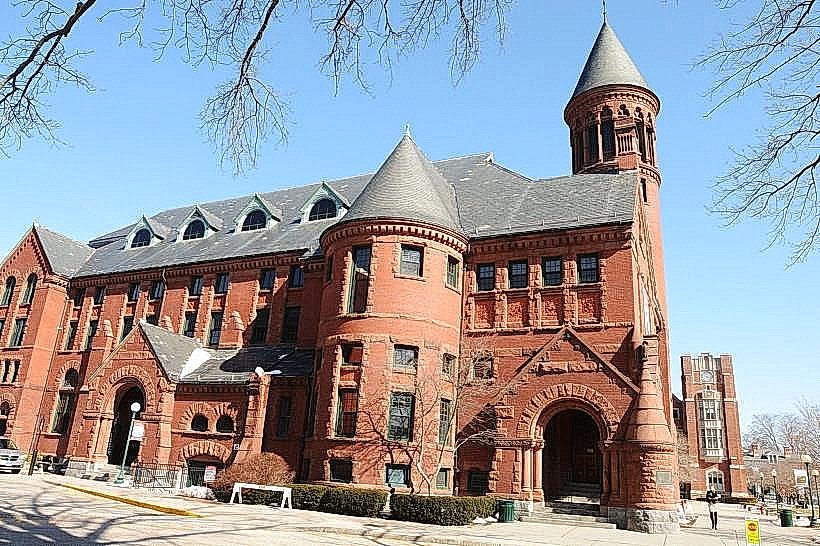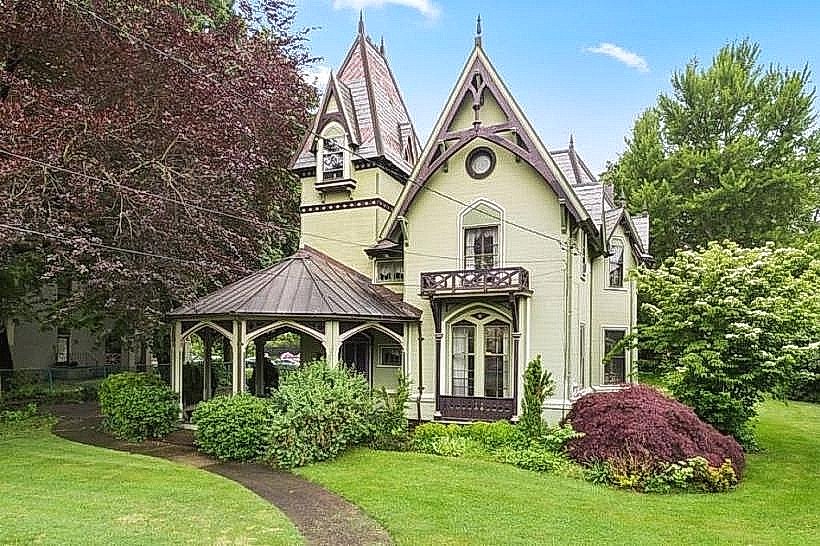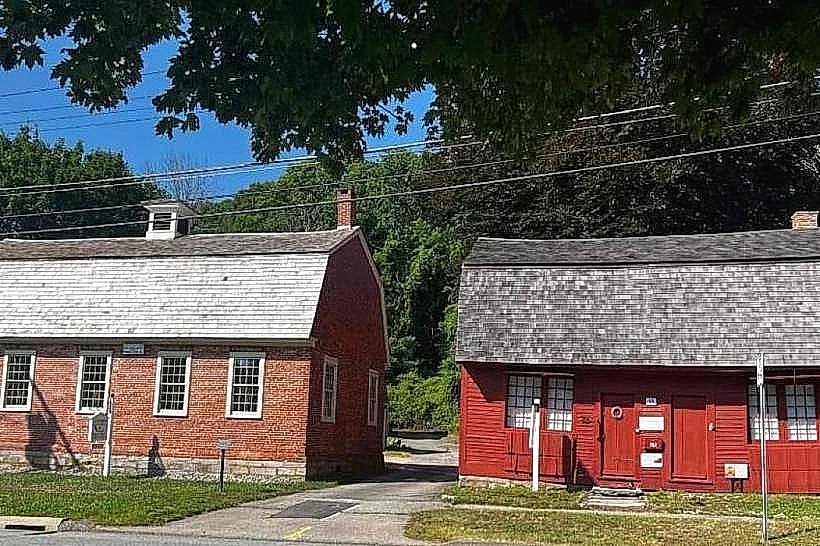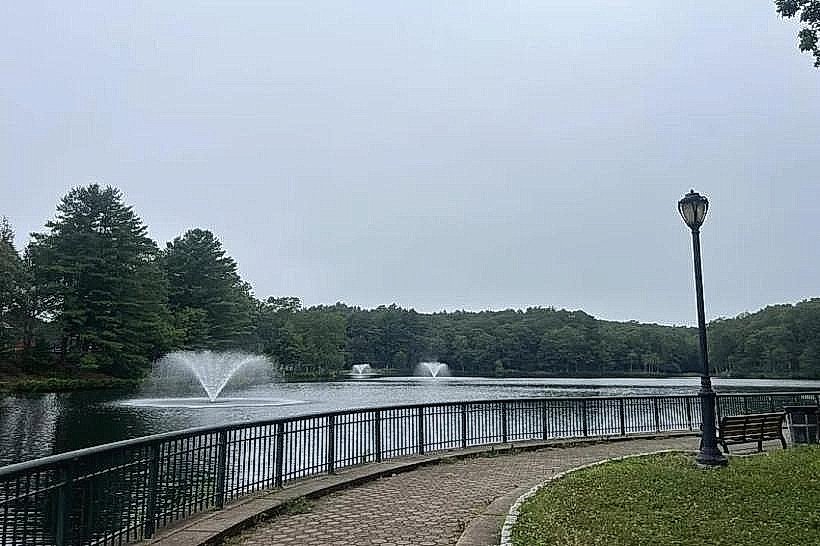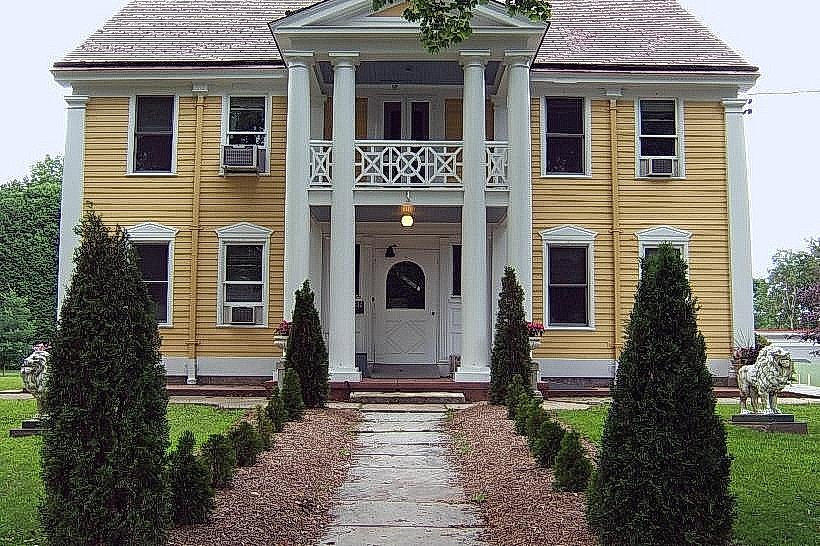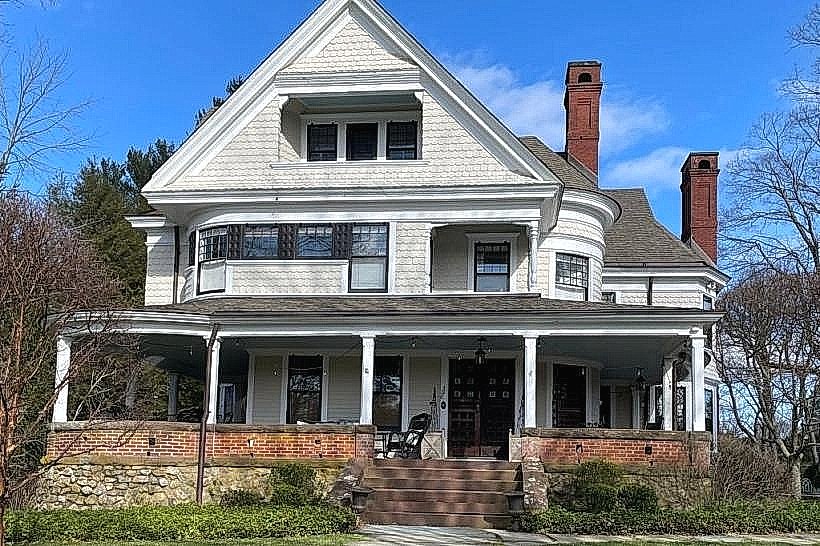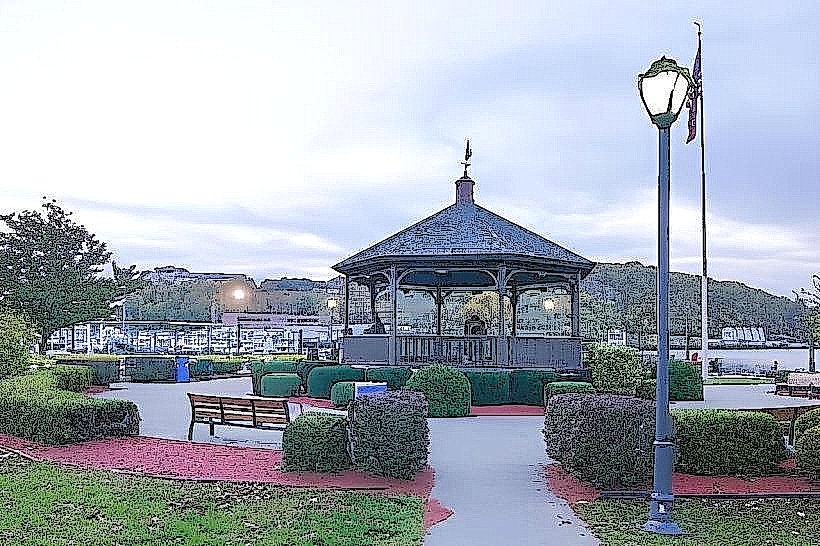Information
Landmark: Norwich HarborCity: Norwich
Country: USA Connecticut
Continent: North America
Norwich Harbor, Norwich, USA Connecticut, North America
Norwich Harbor, located at the confluence of the Thames River and Norwich Creek in Norwich, Connecticut, is a historic maritime area that reflects the city’s early economic, industrial, and transportation development. While not a commercial harbor in the modern sense, it played a significant role in Norwich’s colonial and 19th-century history as a center for shipping, trade, and shipbuilding.
Historical Background
Colonial Significance: Norwich Harbor developed as a natural docking and trading site due to its access to the Thames River, which connected the city to Long Island Sound and the Atlantic Ocean.
Economic Role: In the 18th and 19th centuries, it supported shipping, small-scale shipbuilding, and transport of goods such as agricultural produce, timber, and manufactured items.
Industrial Development: The harbor area became associated with nearby mills and warehouses, reflecting Norwich’s transformation into an industrial hub during the early 1800s.
Geography and Layout
Location: Situated on the eastern edge of Norwich along the Thames River, the harbor area includes water channels, docks, and surrounding industrial or maritime buildings.
Natural Features: The harbor benefits from the river’s tidal flow and natural depth, historically allowing small to medium-sized vessels to dock and load cargo.
Surrounding Areas: Adjacent neighborhoods, former mill complexes, and streets historically linked to shipping and trade activities.
Cultural and Historical Significance
Maritime Heritage: Norwich Harbor represents the city’s connection to regional commerce, shipbuilding, and navigation, contributing to its economic growth.
Historic Landmarks: While some industrial and warehouse buildings remain, others have been repurposed or preserved as part of the city’s cultural heritage.
Community Role: The harbor area served as a focal point for labor, trade, and social interaction, influencing the urban development of Norwich.
Visitor Experience
Scenic Views: Visitors can view the Thames River, docks, and historic waterfront areas, offering photography and nature observation opportunities.
Walking and Exploration: The harbor’s edges and nearby streets provide a sense of historical context for Norwich’s maritime past.
Recreational Access: While primarily historical, nearby parks or waterfront trails may allow for fishing, boating, or casual walking along the river.
Visitor Information
Location: Eastern Norwich, along the Thames River at the terminus of Norwich Creek.
Access: Public access to certain areas, with some docks and industrial zones restricted or privately owned.
Admission: Free for open-access areas; tours or interpretive programs may be offered by local historical societies.
Facilities: Limited on-site amenities; nearby parks or streets provide parking, benches, and walking paths.
Norwich Harbor is a historic maritime site that highlights the city’s early trade, shipbuilding, and river-based economy. It provides insight into Norwich’s development as a colonial and industrial hub and continues to serve as a cultural and scenic landmark along the Thames River.

